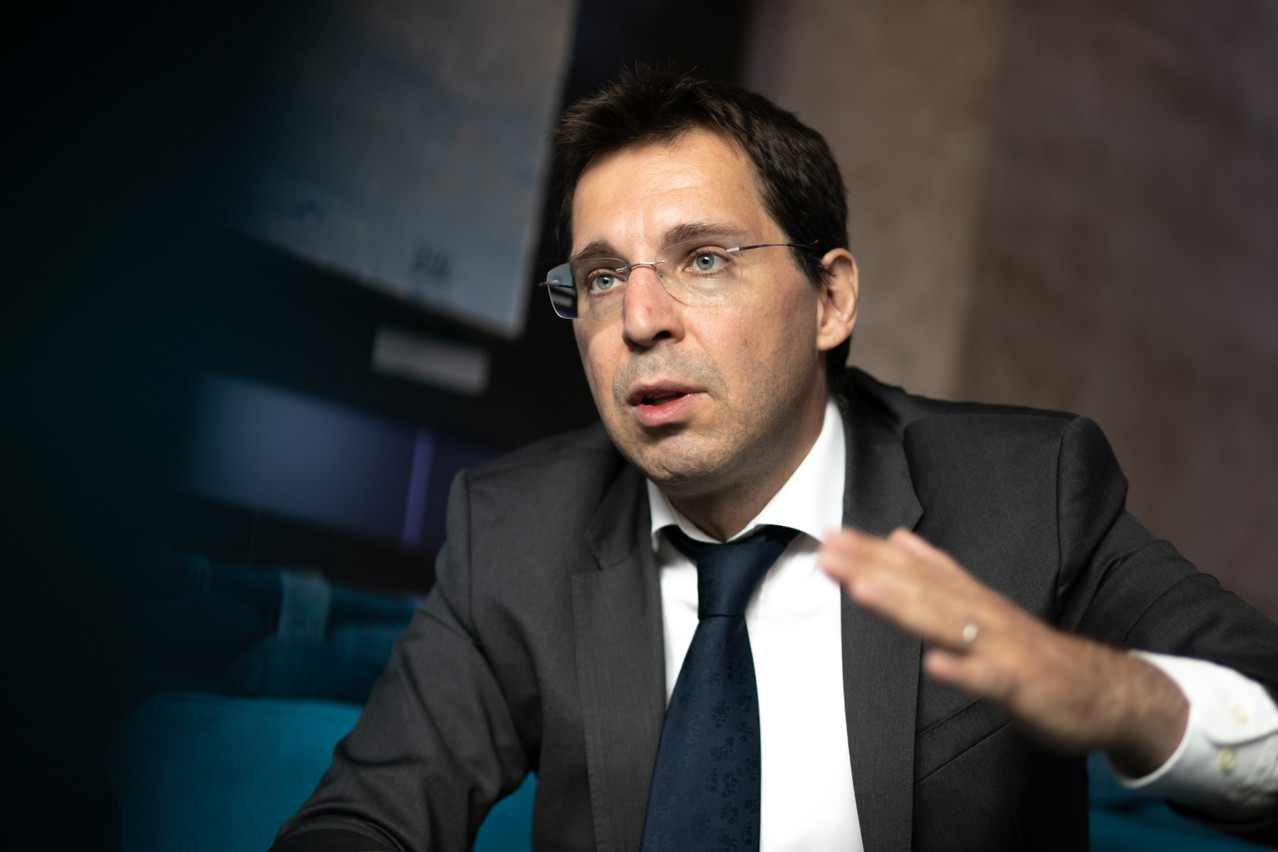For Gergely Majoros, member of Carmignac's investment committee, "the ECB's mission has become incredibly complicated. It has to fight inflation in an environment characterised by a high risk of recession, and at the same time it has to take into account the risk of market dislocation and the weakness of the euro.” Not that he thinks this will dampen the Frankfurt institution's spirits: "Given the recent indications of a spread of inflationary factors beyond energy price pressures and the impressive weakening of the euro, which is itself inflationary, we believe that the probability of a 0.75% rate hike for the next ECB meeting has increased significantly."
His questioning is more about the months ahead and the October and December announcements. While the market sees hikes of less than 75 basis points, Majoros does not share this view. He believes that the ECB will be tempted to accelerate its pace in order to reach its neutral rate--a rate defined as neither stimulating nor inhibiting growth, and which the consensus puts at between 1% and 2%--before 2023, when "rate hikes could be much more difficult to achieve in 2023, due to the potentially recessionary environment, the passing of the inflation peak and the potential pause in the US Fed's rate hike cycle.
A political endorsement for central banks
At Pictet, Cesar Perez Ruiz, investment director at Pictet Wealth Management, believes that the current price shock--which will be reinforced by Russia's decision to halt gas deliveries via Nord Stream 1 until further notice--argues for a 75bp rate hike at the ECB meeting this week.
In the face of soaring energy prices, he expects to see more fiscal stimulus as announced in Germany and the UK. In Germany, the government announced this weekend a (third) fiscal package worth €65bn (1.8% of GDP), including a wide range of measures to support households and businesses, as well as a plan to cap electricity prices.
A political compensation? In any case, it is a fiscal largesse that could force central bankers to be even firmer on tightening their monetary policies.
This is the view of Frederik Ducrozet, Head of Macroeconomic Research at Pictet Wealth Management, for whom "the worsening of the energy crisis has been the catalyst for a new round of government support measures, including discussions on various price cap mechanisms at the European or national level, changes in the regulation of energy markets, direct aid to households and companies, tax cuts, a credit line and public guarantees for energy suppliers and SMEs in difficulty". In the euro area, the total amount of budgetary spending announced so far this year exceeds 2% of GDP.
In his view, these measures reduce--but do not eliminate--the risks of lower growth. And above all, they allow central banks to continue their monetary tightening policy, both economically and politically. Ducrozet expects the rate to rise by 75bp on Thursday and to continue to rise to its neutral rate.
This story was first published in French on . It has been translated and edited for Delano.
